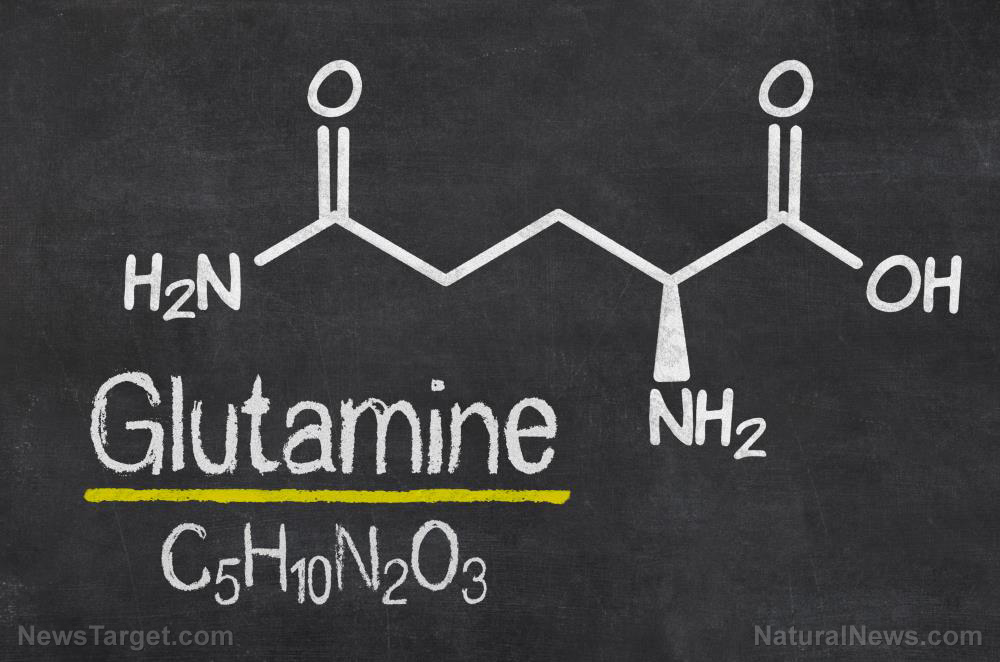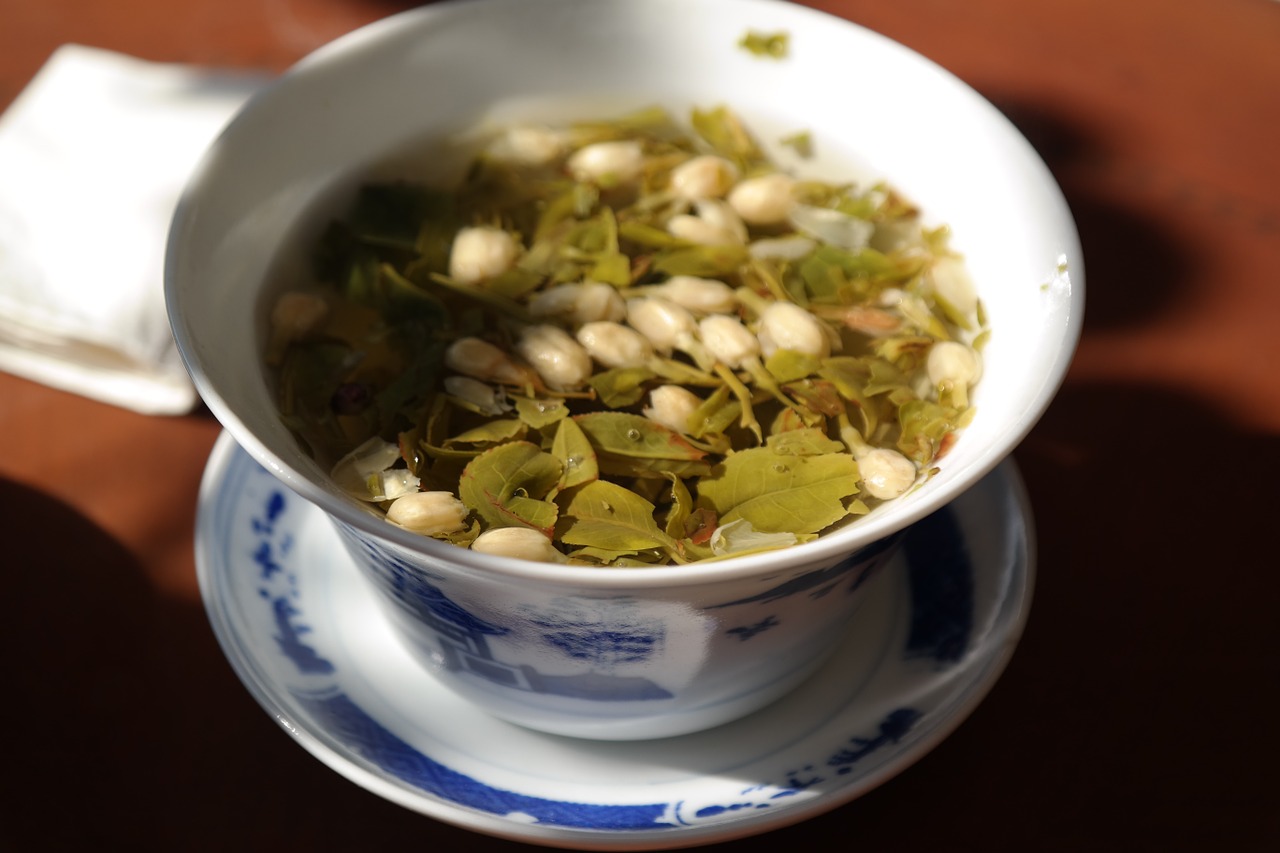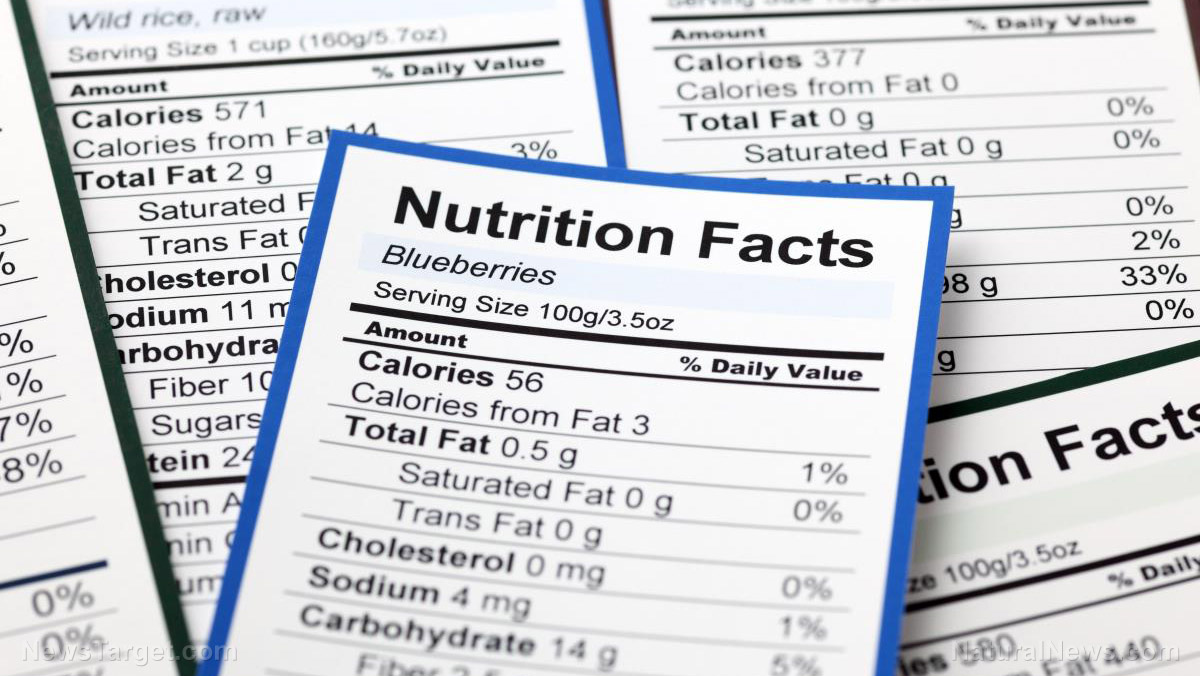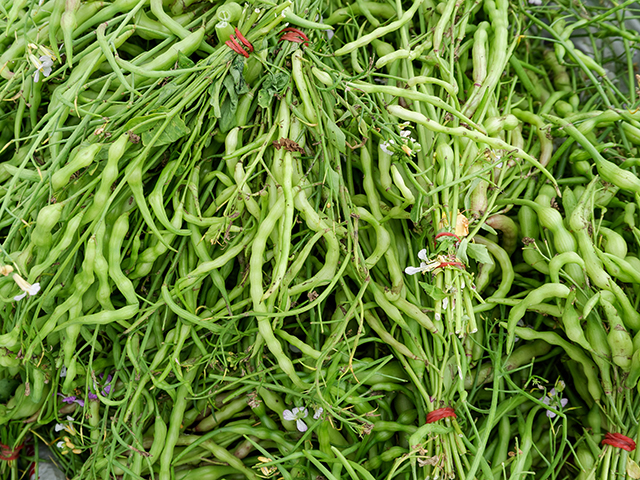Early life nutrition plays a direct role in how well your brain responds to stress
01/05/2019 / By Zoey Sky
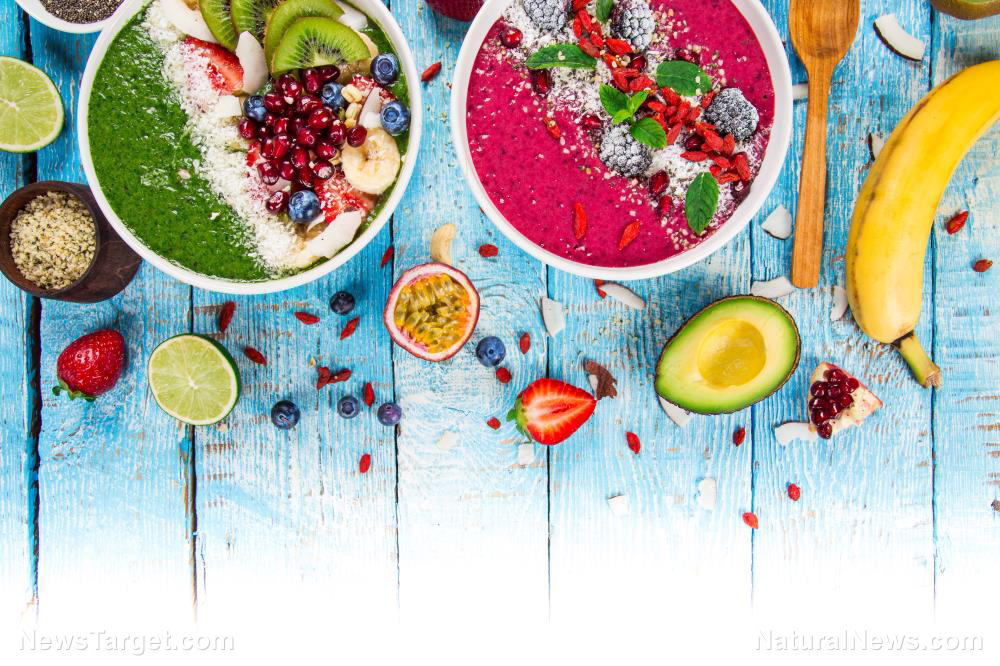
An ounce of prevention is worth a pound of cure, and according to a study, this can also apply to your mental health. The results of the study, which was a collaborative effort between researchers from the Academic Medical Center, the University of Amsterdam, and the University Medical Center Groningen, revealed that “[micronutrients] could reduce brain and memory impairment caused by stress in early childhood development.”
Can micronutrients make your brain resilient to stress?
In the study, the researchers discovered that administering a micronutrient blend of methionine (an amino acid that can boost stress-resistance) and B vitamins had neuroprotective effects on young mice. The study findings emphasized the benefits of nutrition, especially in the early years of mental and cognitive development. The researchers also believe that nutrition interventions can potentially be used to treat victims of child abuse, neglect, or trauma.
For the study, the scientists limited the amount of nest-building material available to female mice. Doing this resulted in the female mice having less time to spend with their offspring, which induced stress.
The mice in the control group were given plenty of nest material. In turn, the female mice from this group spent more time with their young.
The researchers gave half of the “stressed mothers” nutrients that the body can’t produce on its own:
- Methionine
- Vitamin B6
- Vitamin B9 (Folic acid)
- Vitamin B12
The rest of the stressed mice that didn’t receive the supplements produced offspring with an increased hormonal response to stress. The baby mice from this group also had lower methionine levels in their brains.
On the other hand, the offspring of the stressed female mice that received supplementation had a lower hormonal stress response and higher methionine levels in the brain. When these mice grew older, they performed better on various memory tasks, unlike the early-stress exposed mice with mothers that didn’t receive nutritional supplementation.
The researchers noted that the study findings are comparable to breastfeeding in human babies. At this point in human life, brain development is accelerated. The results of the 2010 study, which was published in the Journal of Pediatrics, implies that breastfeeding can affect the mental health of children and adolescents. If this period is disturbed by stressors, individuals may be affected even into adulthood. (Related: A nutritional guide to healing mental disorders.)
The researchers noted that it remains unknown whether stress-exposed mothers produced less nutritious milk or if the absorption in the brain or body of young mice becomes impaired.
Dr. Aniko Korosi, the co-author of the study, is positive that the fact that “nutrients can influence impaired brain development deriving from stress in early childhood” can be used by researchers to develop targeted nutritional interventions for children who grow up in stressful environments.
8 Anti-stress foods
If you’re stressed continuously after every workday, add these anti-stress foods to your diet to boost your mood and mental health.
- Avocado – Avocados are rich in vitamin B. According to some studies, feelings of anxiety may be linked to a vitamin B deficiency.
- Blueberries – Blueberries are full of antioxidants. These nutritious berries can trigger the production of dopamine, a stress-fighting chemical.
- Leafy greens –Leafy greens such as Swiss chard are rich in folate. This vitamin helps produce two feel-good brain chemicals: dopamine and serotonin. Other sources of folate include asparagus, broccoli, Brussels sprouts, chickpeas/garbanzo beans, and citrus fruit.
- Oatmeal – Like leafy greens, oatmeal also contains serotonin.
- Salmon – Salmon contains omega-3 fatty acids that can help fight the stress hormone cortisol. Salmon also has vitamin D, which can help address depression.
- Seeds – Flax and chia seeds are full of healthy omega-3s. Add these seeds to salads or soups to boost your mood.
- Tea – If you’re feeling stressed, drink some black, chamomile, or green tea. According to several studies, chamomile tea can help minimize the symptoms of anxiety. A separate Japanese study has confirmed that drinking five cups of green tea daily can reduce stress by 20 percent.
- Turkey – Turkey has tryptophan, and this amino acid is eventually converted into serotonin. Serotonin can help improve your mood, which can help reduce your stress levels.
Visit Nutrients.news to read more articles about other beneficial anti-stress fruits and vegetables that you can add to your diet.
Sources include:
Tagged Under: b vitamins, brain development, brain function, brain resilience, children's health, cognitive development, destressing tips, early childhood development, memory impairment, mental health, Methionine, micronutrients, mind body science, mind-brain connection, neurocognitive health, nutritional interventions, stress, stress relief

